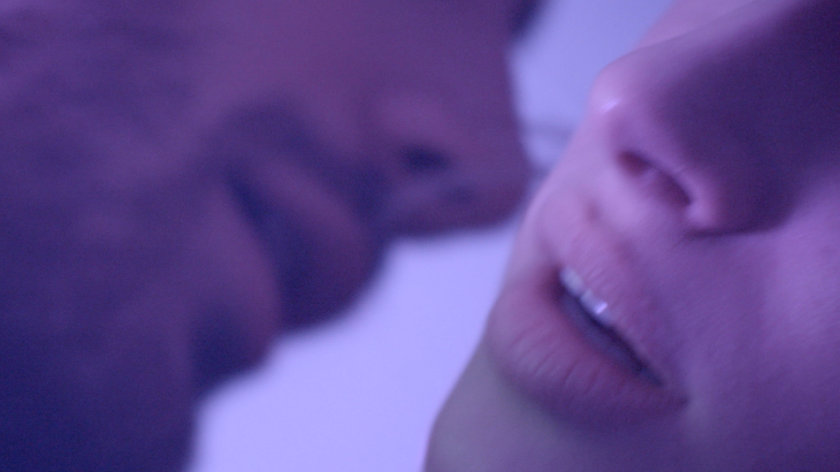I initially was apprehensive about watching director Katie Mathews’ documentary “Roleplay” due to its subject matter. Films about sexual assault are rarely easy to get through, but this one is different. It’s a story about a group of students who confront sexual violence at their university head-on, rather than sit back and continue to normalize silence.
With sexual violence out of control on their campus, a group of students at Tulane University spent a year developing an immersive play based on their real life experiences. This documentary follows their journey, which proves to be a transformative process for many of these young men and women.
The documentary is a story of consent, power, and sex, which hits hard (and hits home) when seen through the eyes of these students. These are young adults who are maturing into their own individual identities, which makes this feel like a very realistic coming-of-age film.
On stage, students are allowed to let their vulnerabilities, desires, and deepest fears show, including one of the most disturbing of all: the lack of guidance they’re given when trying to cope with homophobia, racism, addiction, trauma, and rape.
Through her film, Matthews presents a different way of looking at the aftermath of sexual assault, expressing the idea that it’s okay to not be okay. The documentary gives validation to victims, softly encouraging them to speak their truth. They don’t have to lie and pretend that things are fine. This is the type of film that will reach (and hopefully help) so many, and it should go a long way in changing perceptions and unspoken “rules” that have created a sad legacy on college campuses.
Watching as the creative process brings out the deepest hurt along with the most freeing form of healing is not only a testament to the courage and authenticity of the film’s subjects, but it’s cathartic for the viewer, too. At the heart of “Roleplay” is the most profound message of all: that survivors of sexual assault do not have to normalize their trauma.
By: Louisa Moore

